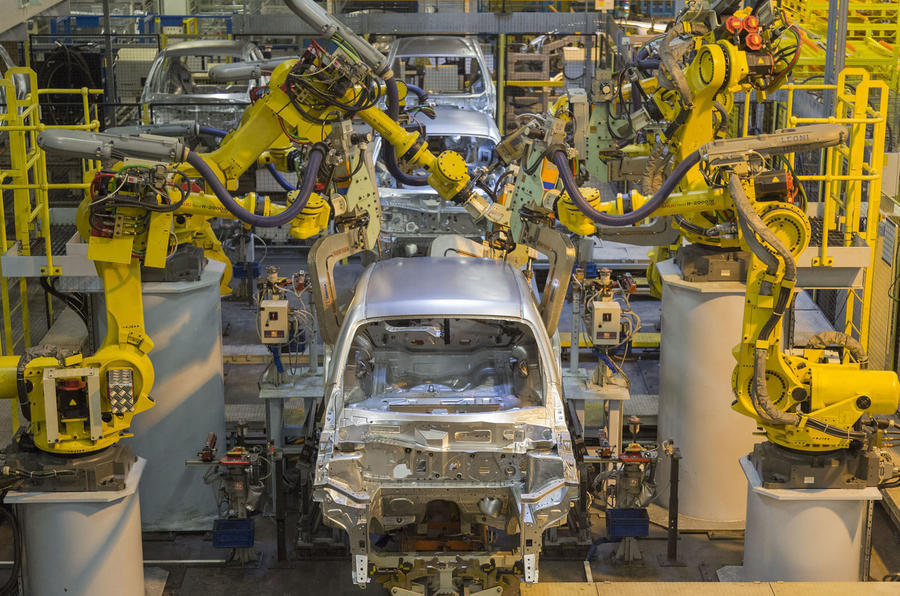UK car manufacturing rose for the first time in 11 months, new figures have revealed, but overall production in 2022 is down by nearly a quarter compared with the same period last year.
The figures, released by the Society of Motor Manufacturers and Traders (SMMT), show that 62,284 cars rolled out of factories in May, 13.3% more than a year ago (54,962).
Battery-electric vehicle production has doubled (108.3%) from 2172 to 4525, while more than one in five (22.6%) cars built last month were alternatively fuelled, up from 19.3% last year.
However, despite the rise, year-to-date production is down 23.2% on last year, with 330,185 units built, compared with 429,826 by this point last year.
The SMMT blamed supply chain constraints, most notably the shortage of semiconductors, for constricting volumes, as well as the increasing economic uncertainty, rising business costs and disruption caused by the war in Ukraine. It adds that this has been driven by a 26.9% decline in exports and a further 4.5% fall in production for the domestic market.
The reported rise must also be viewed in context and Mike Hawes, SMMT chief executive, said manufacturing was still suffering significantly from the Covid pandemic during May 2021. As a result, output in May 2022 was 46.3% below pre-pandemic May 2019, when 6620 units were produced.
Hawes said: “May’s return to growth for UK car output is hugely welcome after 10 months of decline, indicating the sector’s fundamental resilience.
“Any recovery, however, will be gradual as supply chain deliveries remain erratic, business costs volatile and geopolitical instability still very real. With the industry racing to decarbonise, we need to safeguard manufacturing competitiveness, drive investment and develop the skill base.
“Government and industry have a role to play in this transformation and collaboration will be essential if the UK is to remain at the forefront of automotive innovation.”
But earlier this week, the SMMT warned trouble could be afoot for the automotive manufacturing sector, suggesting thousands of jobs could be cut.
It called on the government to stop the “spiralling” cost of energy, claiming costs within the sector have risen by almost 50% this year alone - an uplift of £90 million.









Add your comment